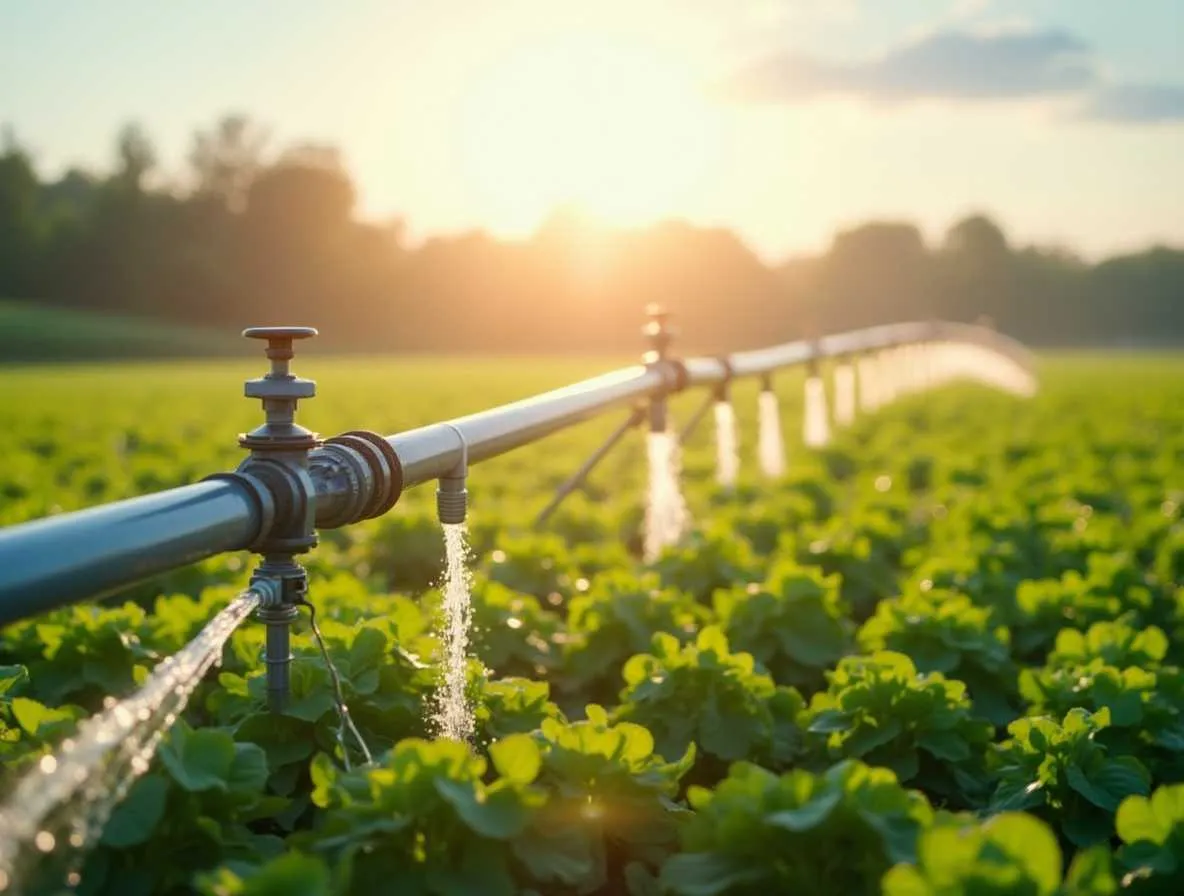
Introduction to Agricultural Pipe Fittings and Water Sustainability
Agricultural pipe fittings play a pivotal role in building efficient irrigation systems, crucial for modern farming practices. By exploring the versatility of agricultural pipes and fittings, farmers can optimize water usage while addressing sustainability concerns. Understanding agricultural irrigation pipes involves assessing types, benefits, and proper maintenance, enabling long-term operational efficiency.
Innovations in CPVC and UPVC pipe manufacturing are shaping the future of plumbing and irrigation, with advancements ensuring durability, reduced water loss, and eco-friendly solutions. These trends highlight why CPVC pipes are becoming increasingly preferred. Efficient irrigation systems rely heavily on agricultural pipes, which are engineered to meet the diverse demands of evolving farming techniques.
The Role of Innovative Pipe Fittings in Modern Agriculture
Innovative pipe fittings play a pivotal role in supporting versatile agricultural pipes for modern farming applications. By ensuring precision and durability in agricultural irrigation pipes, advancements in fittings directly contribute to the benefits of efficient irrigation systems. These developments are essential for streamlining water distribution, reducing wastage, and maintaining consistent flow rates across diverse terrains.
Key materials, such as CPVC and UPVC, have revolutionized agricultural pipes, offering superior resistance to environmental stress. With trends in CPVC and UPVC pipe manufacturing highlighting sustainability and adaptability, farmers can explore the versatility of agricultural pipes and fittings to meet the unique demands of their fields.
Advancements in Smart Irrigation Systems
Smart irrigation systems leverage advancements in technology to enhance the efficiency of agricultural pipes and fittings, ensuring water savings in modern farming. These systems integrate sensors and controllers with agricultural irrigation pipes, delivering targeted water distribution based on soil moisture, weather conditions, and crop requirements. Innovations in UPVC and CPVC pipe manufacturing trends have resulted in pipes that are durable and compatible with emerging technologies, addressing both environmental concerns and operational efficiency. Understanding agricultural irrigation pipes types, benefits, and maintenance is vital as these systems grow sophisticated, transforming agricultural pipes into vital tools for precision irrigation. Exploring the versatility of agricultural pipes ensures optimal water resource management.
Precision Engineering in Pipe Fittings for Optimal Water Flow
Modern farming relies on versatile agricultural pipes and fittings to enhance water flow efficiency, crucial for agricultural irrigation systems. Precision engineering plays a vital role in designing agricultural pipes ensuring optimal water distribution, especially in systems employing CPVC and UPVC pipes. Innovations in these materials have introduced greater durability, corrosion resistance, and smooth internal surfaces that reduce friction.
Agricultural irrigation pipe fittings are designed to manage connections seamlessly, preventing leaks and maximizing water savings. The integration of advanced manufacturing techniques, including improved molding technologies, in CPVC and UPVC pipe production further boosts efficiency in agricultural applications. By ensuring uniform water pressure, farmers benefit from cost-effective and resource-conscious irrigation systems. Exploring the versatility of agricultural pipes highlights their essential contribution to modern farming infrastructure.
Materials Revolution: Sustainable and Durable Pipe Solutions
Advancements in materials science are revolutionizing agricultural pipes and fittings, paving the way for efficient irrigation systems in modern farming. CPVC and UPVC pipes, recognized for their durability, are emerging as standout innovations in the pipe industry, offering solutions to address sustainability and performance. Agricultural irrigation pipes made from these materials provide superior resistance to corrosion and chemicals, making them ideal for diverse farm environments.
Exploring the versatility of agricultural pipes highlights their lightweight design and ease of installation, reducing labor costs while optimizing water distribution. Innovations in UPVC pipe manufacturing emphasize eco-friendly production processes, aligning with the growing demand for sustainable plumbing solutions.
Compact Design Innovations for Enhanced Efficiency
The use of versatile agricultural pipes in modern farming has ushered in transformative design approaches that prioritize compactness without sacrificing functionality. Unlike traditional agricultural irrigation pipes, modern innovations focus on streamlined fittings and reduced bulk, offering numerous benefits for farmers seeking efficient irrigation systems.
Key trends in the CPVC and UPVC pipe industry for 2025 highlight advanced manufacturing techniques that enable precise, space-saving designs. These advancements facilitate easier installation and maintenance while optimizing water delivery. Compact fittings in agricultural pipes and fittings further minimize resource wastage, ensuring water conservation in large-scale farming operations.
Exploring the versatility of agricultural pipes reveals their ability to adapt to unique field layouts, making them indispensable in modern agricultural practices focused on sustainability and efficiency.
Minimizing Leakage: Breakthroughs in Seal Technology
In the realm of agricultural irrigation pipes, minimizing leakage has become a priority for ensuring efficient irrigation systems across modern farming operations. Recent advancements in seal technology are driving innovation in CPVC and UPVC pipe designs, offering robust solutions to long-standing challenges. These breakthroughs have enhanced the compatibility and durability of agricultural pipes and fittings, improving water savings and reducing maintenance costs.
Key features include:
- Improved flexibility and adaptability to versatile agricultural pipes for diverse irrigation needs.
- Enhanced seal materials resisting degradation due to weather or chemical exposure.
As manufacturers explore the versatility of agricultural pipes and fittings, these cutting-edge seals represent a critical step forward in achieving sustainability.
Automation and Remote Control Capabilities in Pipe Systems
Advancements in agricultural pipes and fittings now integrate automation and remote control, transforming modern farming practices. These systems utilize versatile agricultural pipes to streamline irrigation management, ensuring efficient water distribution and improved resource conservation. Agricultural irrigation pipes equipped with automated functions allow farmers to schedule watering cycles, monitor flow rates, and detect leaks remotely, reducing manual labor and maximizing efficiency.
Emerging technologies in CPVC and UPVC pipe industries for 2025 emphasize smart integration, enabling real-time analytics for pipeline operations. Innovations in UPVC pipe manufacturing also provide durability essential for supporting automation systems. These features help farmers achieve better control over agricultural irrigation systems, while enhancing sustainability and operational convenience.
Adaptability to Climate Variations: Flexible Pipe Fittings
Modern farming demands versatile agricultural pipes capable of withstanding diverse climate conditions. Agricultural irrigation pipes designed with flexible materials, such as CPVC and UPVC, allow systems to adapt efficiently to shifting weather patterns. Innovations in UPVC pipe manufacturing trends emphasize fittings that endure both temperature extremes and water pressure variations, making them a vital component for ensuring efficient irrigation systems.
Understanding agricultural irrigation pipes types, benefits, and maintenance highlights the value of adaptable systems. Flexible pipe fittings minimize leaks and disruptions during seasonal changes, safeguarding water savings. Exploring the versatility of agricultural pipes in modern farming reveals their role in maintaining reliable water distribution networks across fluctuating climates.
Water Recycling Mechanisms Integrated into Pipe Systems
The integration of water recycling mechanisms into versatile agricultural pipes has revolutionized modern farming practices by promoting water conservation. These innovations within agricultural irrigation pipes are designed to collect runoff and reuse it efficiently for irrigation purposes. Benefits of such systems include reduced dependency on traditional water sources, lower operational costs, and enhanced sustainability. Exploring the versatility of agricultural pipes and fittings reveals advancements in CPVC and UPVC pipe manufacturing trends and technologies. These materials enable durable infrastructure, ensuring efficient irrigation systems while facilitating water reclamation. Incorporating these mechanisms illustrates why CPVC pipes are increasingly considered the future of plumbing and irrigation.
Cost-Effective Solutions for Small and Large Scale Farming
Efficient irrigation systems remain pivotal in modern farming, and the versatility of agricultural pipes plays a crucial role in achieving water conservation goals. Both CPVC and UPVC pipe trends for 2025 highlight advancements that cater to diverse agricultural needs. Agricultural irrigation pipes ensure uniform water distribution, while robust fittings minimize leakage risks, reducing costs for both small and large-scale operations.
Understanding the types, benefits, and maintenance of agricultural irrigation pipes enables farmers to choose systems aligned with farming scales and budgets. Innovations in UPVC manufacturing and CPVC pipe designs promise durable, low-maintenance solutions, ensuring reliable performance across varying water pressure and soil conditions.
Future Trends in Agricultural Pipe Fitting Technologies
Advancements in agricultural pipes promise innovative solutions for modern farming and efficient irrigation techniques. Emerging materials, like CPVC and UPVC, are gaining traction due to their durability, lightweight nature, and ease of installation. Innovations in UPVC pipe manufacturing trends and advancements highlight increased focus on sustainability and cost-effectiveness, reflecting enhanced agricultural irrigation systems’ efficiency.
Smart piping systems integrating IoT sensors are transforming agricultural irrigation pipes into adaptive networks that provide real-time data on water flow, pressure, and leak detection. Modular pipe fittings are now emphasizing adaptability, supporting the versatility of agricultural pipes and fittings for various irrigation setups. Additionally, automation in pipe installation technologies ensures precision, catering to top trends in the CPVC and UPVC pipe industry for 2025.

